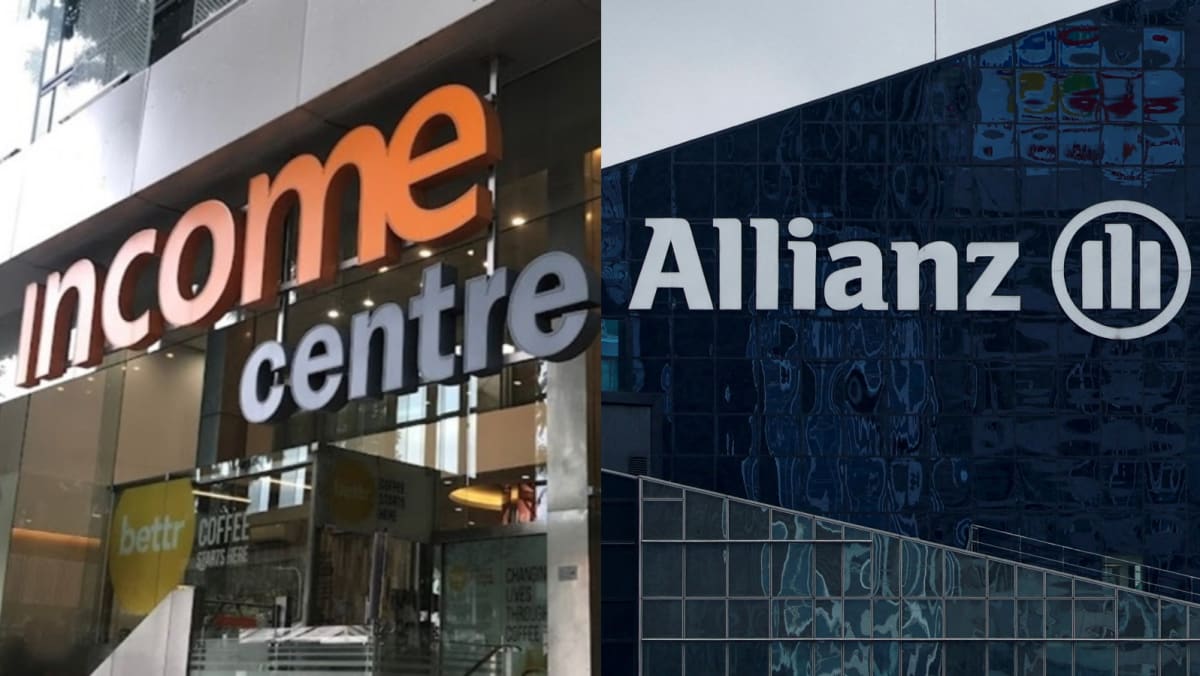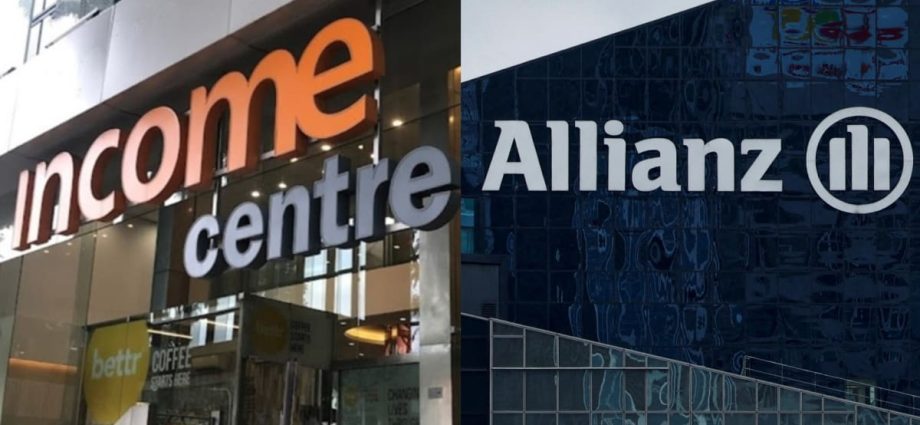
COMMUNICATING MAJOR CHANGES
The latest remarks by NTUC Enterprise justifying the sale to Allianz were useful in explaining the challenges faced by Income in recent years amid the growing competition in the business, domestically and internationally.
But they did not go far enough to persuade naysayers. Income is not a struggling business in dire need of funds from a foreign company.
Indeed, if you read reports by independent financial consultants as recently as late last year, their assessments were very positive about Income’s prospects.
Here is one excerpt from Zero One, dated December 2023:
“The company offers stable long-term growth potential with a defensive base of business, due to its well-entrenched business in Singapore, as well as its digital transformation initiatives which will allow the company to not only increase its competitiveness in Singapore but also expand regionally.”
Of course, with Allianz’s backing now, it is possible that Income Insurance can become even more competitive and profitable.
But you could say this of any Singapore company to justify its sale to an international giant. DBS might do better if it was bought by JP Morgan, the largest bank in the world.
Should Singtel be sold to T-Mobile US or China Mobile?
These sales might be good for the owners of the company being bought but will they benefit Singapore customers?
Given Income’s history and its social mission beginnings, a sale to a foreign company is the worst possible option to reassure its customers about the new owner’s intentions.
It would have been much better had the sale been to a Singapore company.
Now that it looks like a done deal, the two parties should try to work towards some legally binding commitment to ensure there is no fundamental change in its mission to be the provider of low-cost services for Singaporeans.
Finally, there is a lesson in this saga about how to communicate major changes that affect a very large number of people.
Income and its parent company NTUC Enterprise failed to appreciate the deep feelings and emotion involved and were put on the defensive right at the outset when the news broke.
With so many people affected and given Income’s history, there should have been a comprehensive plan to consult stakeholders and communicate the move to the public.
It would have been a good opportunity to explain the challenges facing the insurer and what the options were.
Instead, it was presented as a fait accompli to an unsuspecting public.
There are sensitivities involved in a commercial negotiation with another party but a good communication plan can take this into account without breaking disclosure agreements.
Such a plan should begin well before selection of the suitor.
This failure extends back to the 2022 announcement that the co-operative was to be corporatised.
That was also disclosed in a sudden press statement with little public discussion.
When the matter was raised in parliament in February 2022 about how the change would affect Income’s social mission, the government’s answer in three paragraphs was that the needs of workers for affordable insurance coverage was best served by having a vibrant and competitive industry.
An opportunity was again lost to educate the public about the realities of the new world.
Although the sale of Income and the adverse public reaction isn’t directly connected to the government, it has suffered collateral damage because of its close links to the labour movement.
I fear the issue isn’t just about the art of communication, which can be remedied.
More serious is a lack of understanding of the ground and what people are concerned about.
That’s a more serious problem that money cannot fix.
Han Fook Kwang was a veteran newspaper editor and is senior fellow at the S Rajaratnam School of International Studies, Nanyang Technological University

